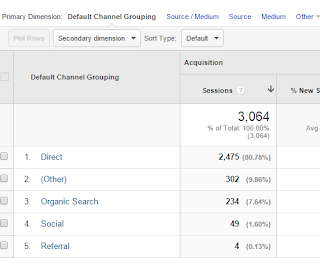The reason that I'm interested in this right now is that I do NOT like seeing results which mess up a trademark. The name of the site, a registered and valuable trademark, is "VocabularySpellingCity" Registered Trademark. Why is Google often providing: "Spelling City" as a result? Where the heck are they getting this from?
I think the problem is that in grabbing text, there is a statement relating to a site wide logo which reads this way:
| <div class='site-logo'><a href='/' title='Vocabulary Spelling City' rel='home'> |
Somehow, Google grabs this code and uses it. And since the word "Spelling" appears separated from "VocabularySpellingCity", this opens the door to them grabbing it. BTW, I can't really seem to think through the logic that would have them grabbing that but since this is the only place where I can see that they can find: "Spelling City" written like that, it seems the easiest way forward is to fix this random poor use of our name and see if that ends the problem with the snippet that so annoys me.
BTW, I'm going to use figurative language as a test case. This seems appropriate since we're looking for a needle in a haystack, it's like one of Hercules tasks. It's an endless battle to keep our site managed in a way that supports Google protocols for being a good white hat site. Was that enough figurative language for you?
Example:
Search on "vocabulary spellingcity"
Result:
VocabularySpellingCity | Build Literacy Skills with Vocabulary and ...
https://www.spellingcity.com/
build vocabulary, literacy, phonics, & spelling skills with VocabularySpellingCity. Improve vocabulary, a core reading skill, with gamified context-rich.
The homepage result is now 2nd but it appears to the user like this:
Spelling City
https://www.spellingcity.com/
build vocabulary, literacy, phonics, & spelling skills with VocabularySpellingCity. Improve vocabulary, a core reading skill, with gamified context-rich.
A search on "figurative language spellingcity" produces:
Figurative Language - Spelling City
https://www.spellingcity.com/figurative-language.html
Figurative language can be part of reading, writing, comprehension, and vocabulary instruction. Grade-level teachers include similes, metaphors, personification, idioms, and hyperbole in their lesson plans.
A search on "figurative language" produces:
Figurative Language Overview | VocabularySpellingCity
https://www.spellingcity.com/figurative-language.html
A student who blurts out “I'm so hungry, I could eat a horse!” right before lunch may not realize he or she is using figurative language. Figurative language ...








